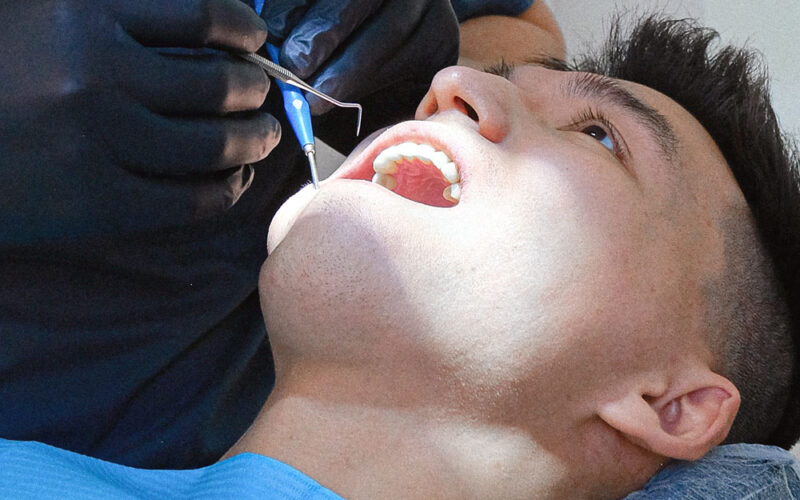What is Scaling and Root Planing?
Did you know that you can get plaque and the bacteria it causes can become infected and affect the health of your teeth? Scaling and Root Planing is a deep cleaning below the gumline used to prevent and treat gum disease. If gum disease is caught early and hasn’t damaged the structures below the gum line, a professional cleaning should do. If the pockets between your gums and teeth are too deep, however, scaling and Root Planing may be needed. According to the American Dental Association, Scaling and Root Planing is beneficial to patients with chronic periodontitis (gum disease that has advanced past gingivitis). Chronic periodontitis affects 47.2% of adults over 30 in the United States.
Who does Scaling and Root Planing work best for?
Since gum disease affects nearly half of all adults over 30 in the United States it is a huge benefit to many people. Your dental team at Vallejo Family Dentistry will check and make sure you are not at risk for this gum related issue.
What’s involved in Scaling and Root Planing?
This deep cleaning has two parts. Scaling is when your dentist removes all the plaque and tartar (hardened plaque) above and below the gumline, making sure to clean all the way down to the bottom of the pocket. Your dentist will then begin root planing, smoothing out your teeth roots to help your gums reattach to your teeth. Scaling and Root Planing may take more than one visit to complete and may require a local anesthetic. Your professional at Vallejo Family Dentistry will advise you during your exam.
Are you ready to perfect your smile?
Are you ready to perfect your smile? Let the team at Vallejo Family Dentistry see if Scaling and Root Planing is right for you. We are here to help you learn more about your oral health in Vallejo California.


